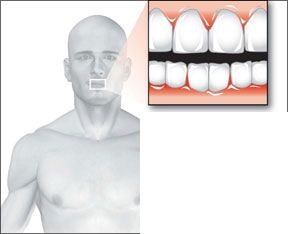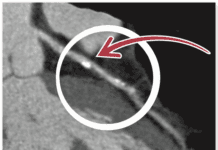Its been well established that gum disease can be a sign of cardiovascular problems. A study published in the Dec. 1 issue of the American Journal of Cardiology shows that gum disease is often a sign of inflammation-high sensitivity C-reactive protein (CRP) levels-and is common among those with cardiovascular disease (CVD) risk factors. Now a study in the Federation of American Societies for Experimental Biology Journal (online Dec. 12) shows that treating gum disease and lowering the oral bacterial load can reduce your risk of atherosclerosis (the build-up of plaque in the arteries). Researchers examined the carotid arteries of 35 otherwise healthy people who had mild to moderate periodontal disease before and after having the gum disease treated. One year after treatment, researchers observed a reduction in the thickening of the blood vessels (associated with atherosclerosis) and a reduction in oral bacteria and immune inflammation. "There is a lot of literature out there suggesting that periodontal disease increases the risk of heart disease. The association has to do with chronic inflammation," says Leslie Cho, MD, editor-in-chief of Heart Advisor.
To continue reading this article or issue you must be a paid subscriber.
Sign in






